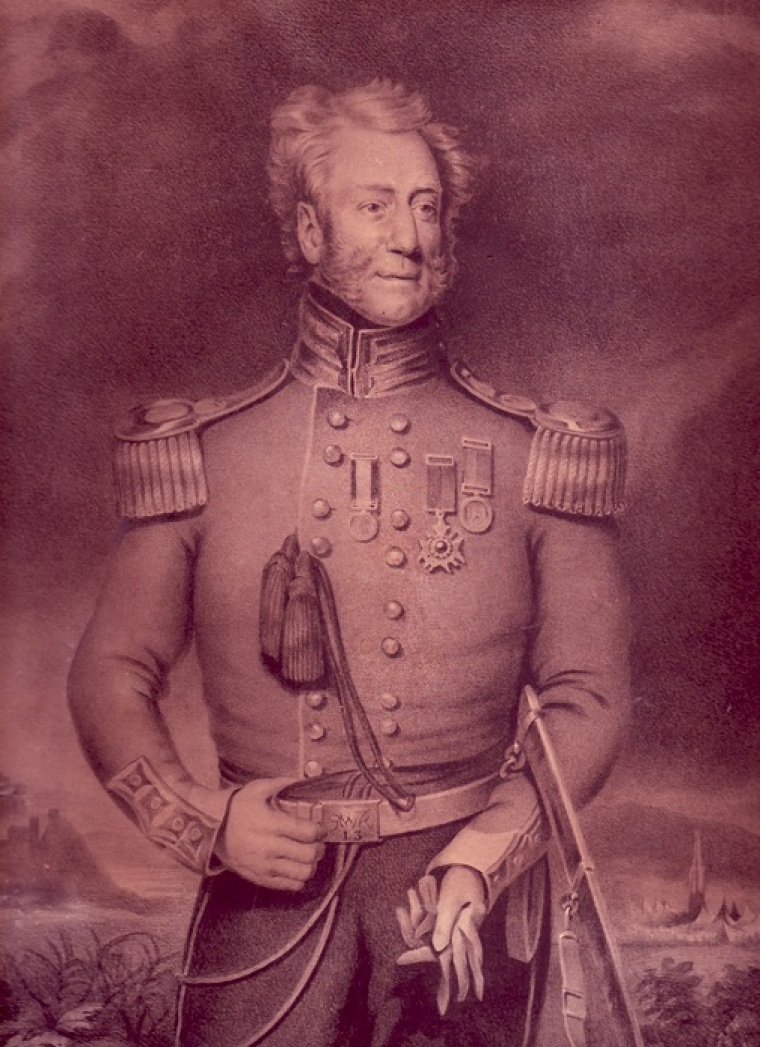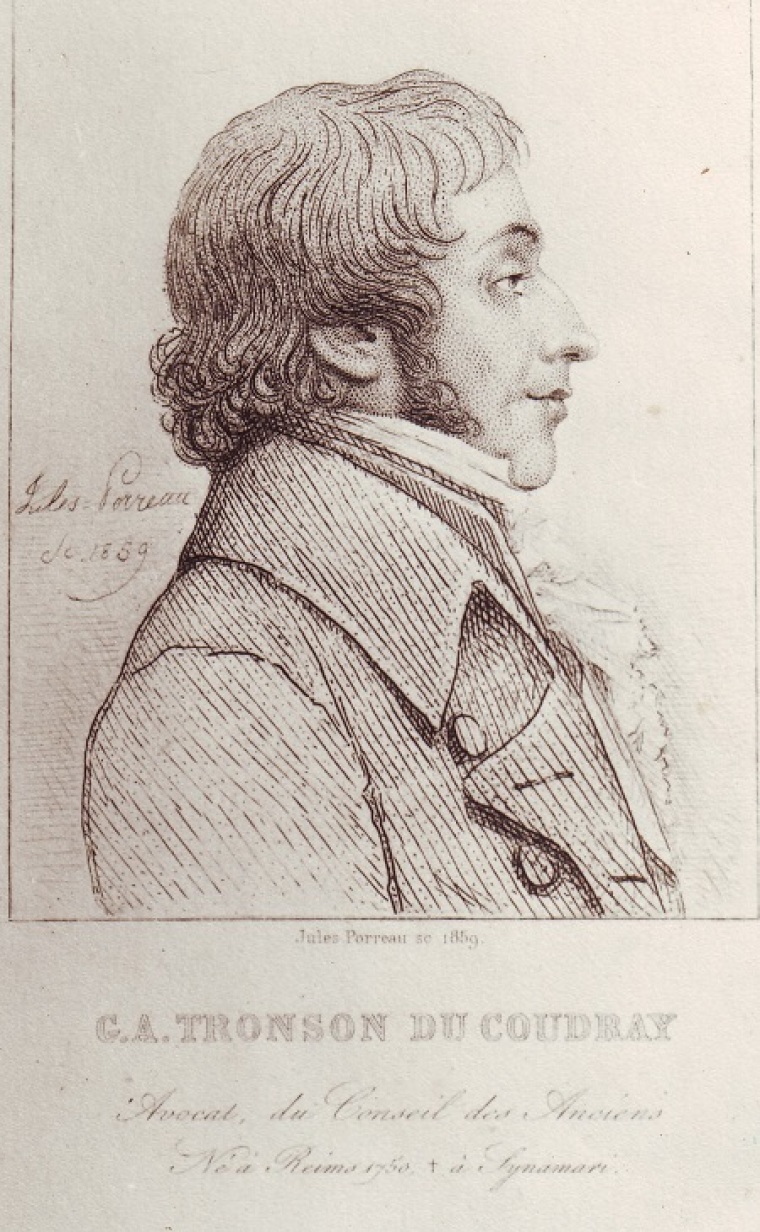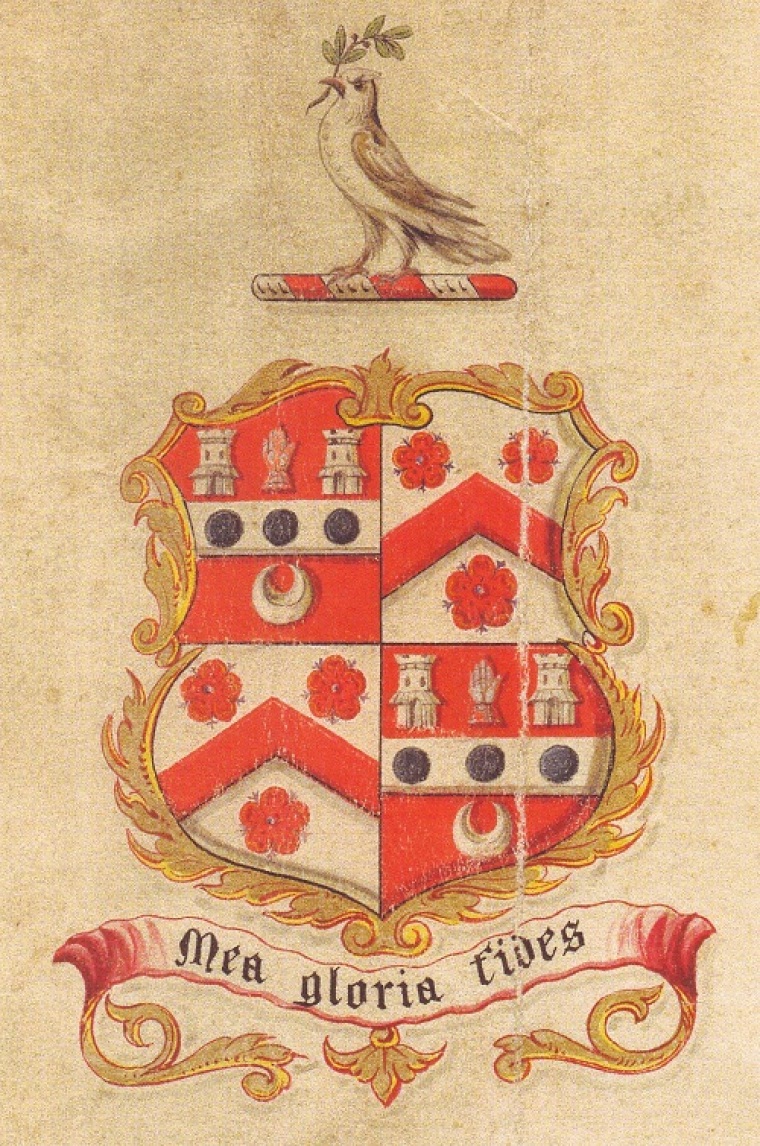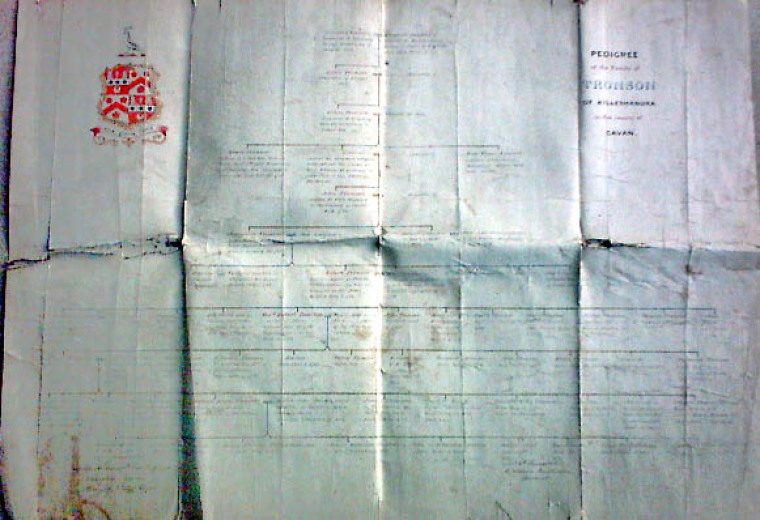
Edward Tronson
In a recent News.com article on a new milestone on longevity of living, an Ethiopian man claims he is 160 years old, and it raised the question as to who he might actually know – all his mates and fiends are long dead, mostly 80—90 years ago.
According to 2011 government data, Japan has more than 50,000 centenarians, reinforcing its reputation for longevity. Again, all these long livers in Japan would have found that their mates and friends would have long gone.
Take the 160 year old man – even his great grand children more than likely would have lived their lives and died. He might be onto his great great or even great great great grand children. He might hundreds upon hundreds of them. If they all visited at once it would chaos and if they each visited one day at time, he wouldn't get his afternoon nap.
Australians are living longer. According to the Bureau of Stats from the 2006 Census there are 1.3million Australians are over 75 years and by 2031 it is expected to increase to 2.9 million.
The Bureau says: In 2006, 87% of older Australians aged 75 years and over were living in private dwellings (e.g. houses, flats, caravans). The largest proportion of older Australians (43%, or 548,500 people) were living in a private dwelling with a partner; most of these (39% of older Australians) were partners in couple only families, while 4% were partners in couple families with children.
People living alone accounted for a further 31% (400,500) of older Australians, while 13% (162,800) lived in other living arrangements (e.g. a lone parent living with their child). A further 13% of older Australians (168,600) lived in non-private dwellings (e.g. hotels, hospitals).
Later in the report the Bureau writes: Projections show that the number of households in Australia will grow to 11.6 million by 2031. One person households are projected to increase to 3.2 million (28% of all households) in 2031. This represents the fastest projected increase of all household types over the period 2006 to 2031. The ageing of the population, coupled with the longer life expectancy of women over men and the delay of marriage, are some of the factors contributing to the projected growth in one person households.

G A Tronson lawyer defended Mary Antoinette
Life Expectancy Issues
Moreover, the Bureau states that Australians have a life expectancy at birth which compares well with that of other developed nations. Life expectancy at birth of Australian males (79.5 years) for the 2008–2010 period, was similar to Japan and Switzerland. For the same period, life expectancy at birth of Australian females (84.0 years) was exceeded by Japan, Hong Kong (SAR of China), France and Switzerland.
In the 2008–2010 period, the combined Australian male and female life expectancy at birth was 81.7 years. This was higher than the level recorded by the United Nations for the period 2005–2010 for Canada (80.5 years), New Zealand (80.1 years), the United Kingdom (79.6 years) and the United States of America (78.0 years)
But that is only part of the story as there is a plethora of media and medical reports that there is a frightening and alarming increase in dementia cases and this means special and expensive care mechanisms from both private and government coppers.
The Scriptures also has something to say on life expectancy, that is a person's life span is reasonably placed at 3 score years and ten, which is 72. Apart from accidental (motor vehicle, industrial, household and the like), and medically associated deaths (cancer related, disease and other – ever watched on the television Dr G ?), the many more people living over 72 years of age today are apparently blessed with good health and a lifestyle conjusive to long life.

Tronson family crest - Glory before Riches
It just happens that my father's side of the Tronson family have generally lived reasonably long lives. My father and his father both died at 84, my aunties all lived into their 90s, some are still alive. A friend of mine have parents in their 90s as did their parents and all their siblings and close relations and it looks likely my friend will have a long life as well.
On the other hand, I have numerous friends who family generational members have all died before they reached the three score and ten figure mostly through some medical issue. Some of this has been gene related. Today, rarely is a death recorded as 'natural courses' – such as old age, as in a heart attack when elderly.
The Churches have actively engaged in housing relating to the elderly – this ranges from early retirement, to full care and hospice. The saddest thing is that the elderly lose their partners of a life time, the closest and dearest and friends of a life time.
I recall my own father in a full care retirement facility having a very good mate named Bill, they got on so well. Then his mate died. My father was left bereft for months. The Psalms are equally a blessing to the very elderly.

Tronson family tree 1572-1872 on parchment
Dr Mark Tronson is a Baptist minister (retired) who served as the Australian cricket team chaplain for 17 years (2000 ret) and established Life After Cricket in 2001. He was recognised by the Olympic Ministry Medal in 2009 presented by Carl Lewis Olympian of the Century. He mentors young writers and has written 24 books, and enjoys writing. He is married to Delma, with four adult children and grand-children. Dr Tronson writes a daily article for Christian Today Australia (since 2008) and in November 2016 established Christian Today New Zealand.
Mark Tronson's archive of articles can be viewed at
http://www.pressserviceinternational.org/mark-tronson.html

Dr Mark Tronson - a 4 min video
Chairman – Well-Being Australia
Baptist Minister 45 years
- 1984 - Australian cricket team chaplain 17 years (Ret)
- 2001 - Life After Cricket (18 years Ret)
- 2009 - Olympic Ministry Medal – presented by Carl Lewis
- 2019 - The Gutenberg - (ARPA Christian Media premier award)
Gutenberg video - 2min 14sec
Married to Delma for 45 years with 4 children and 6 grand children